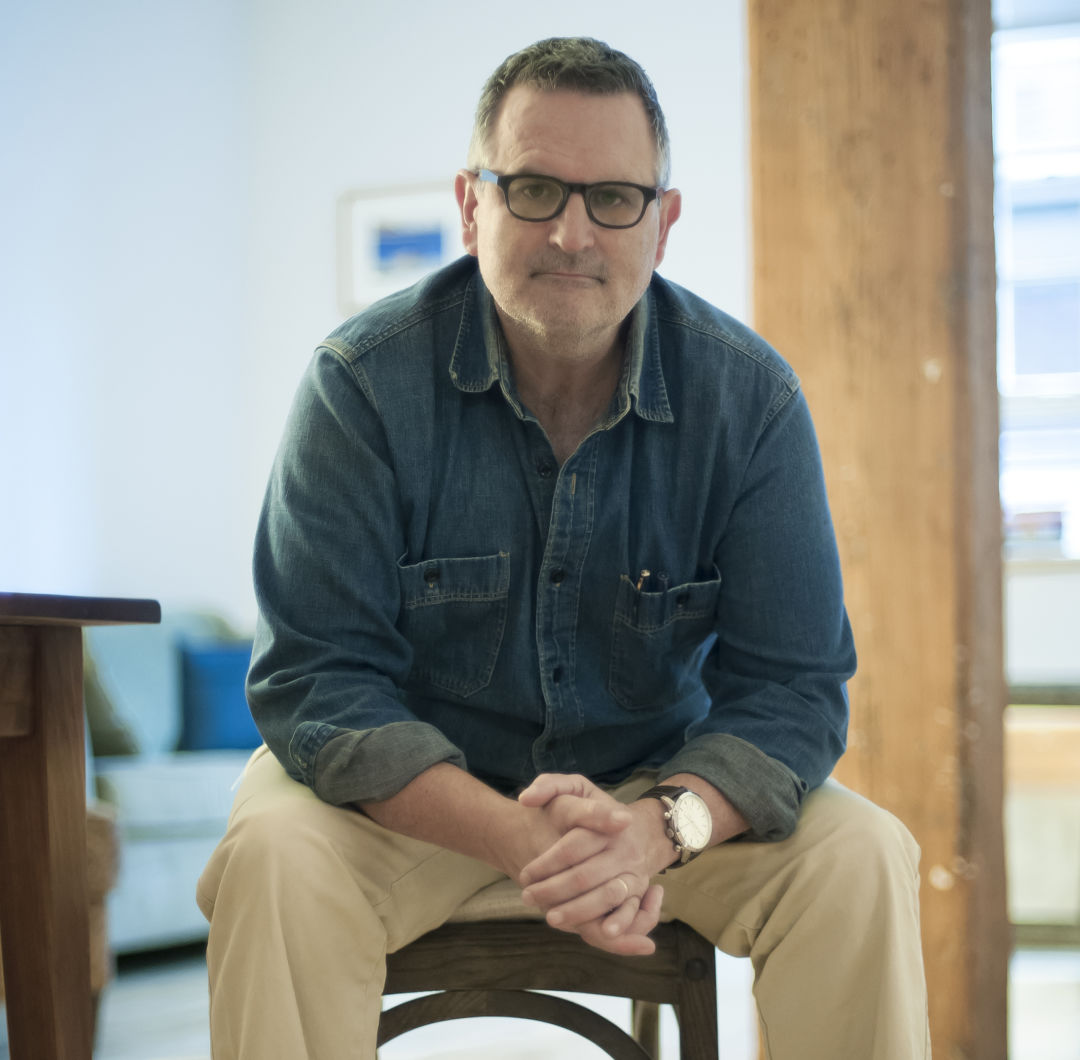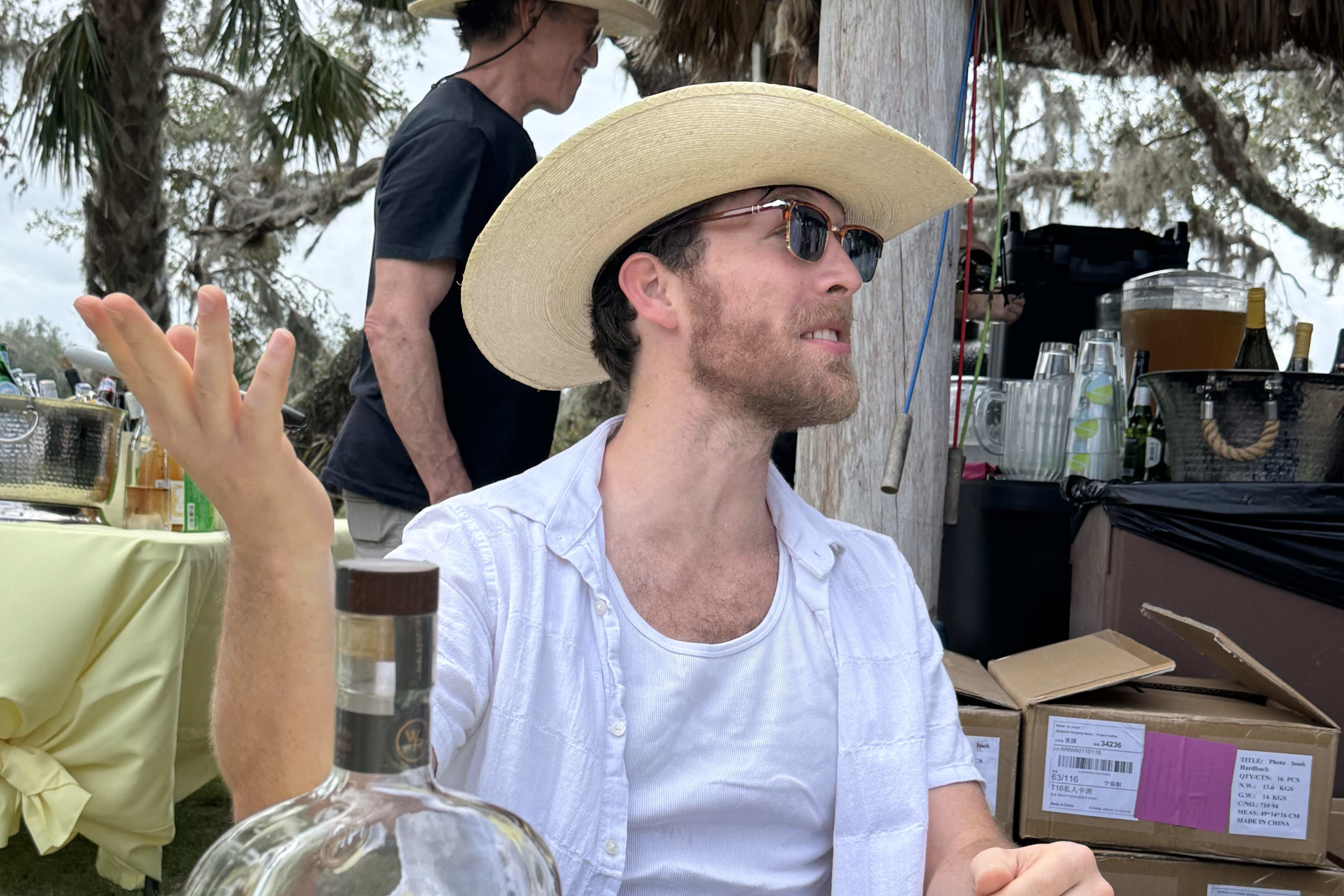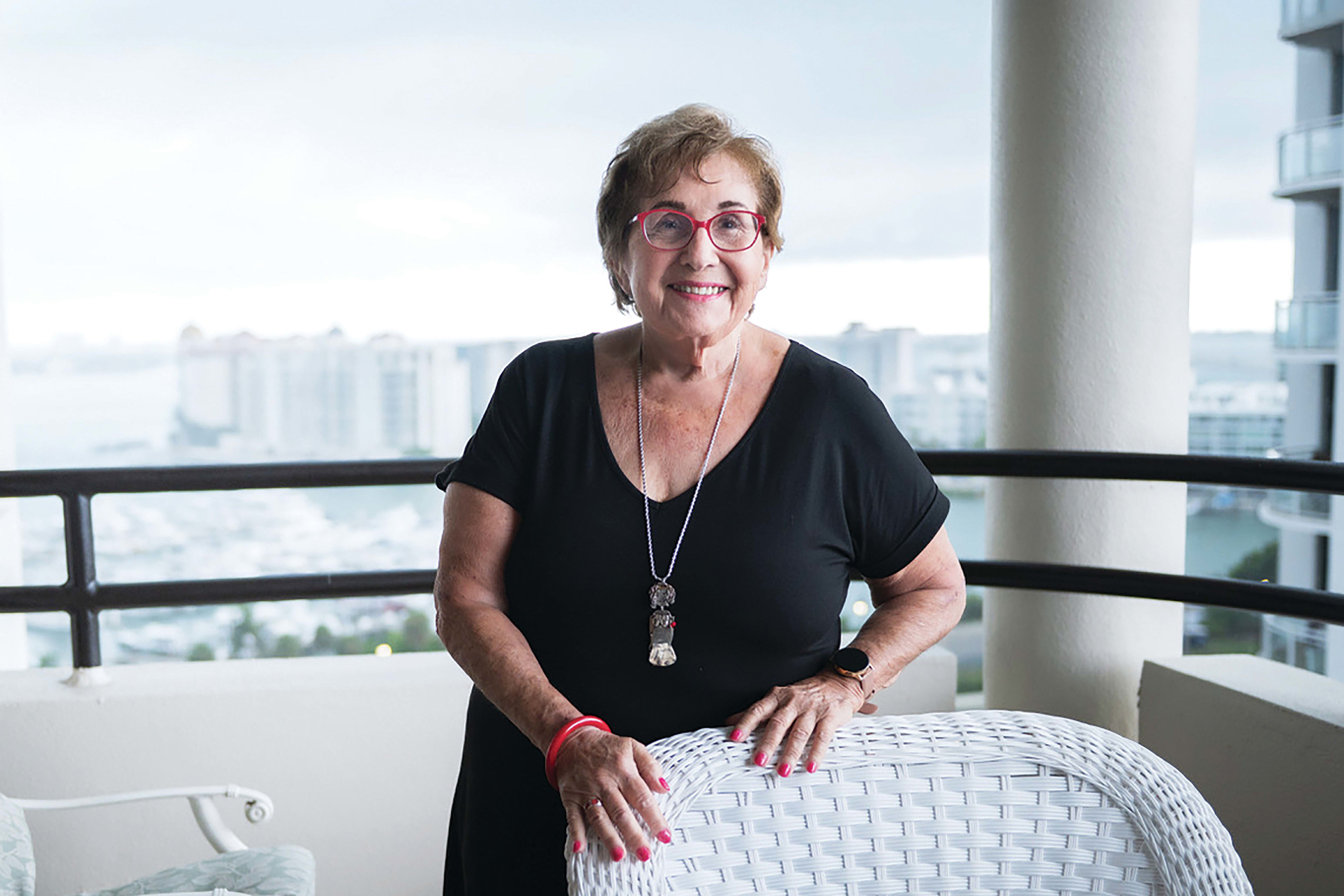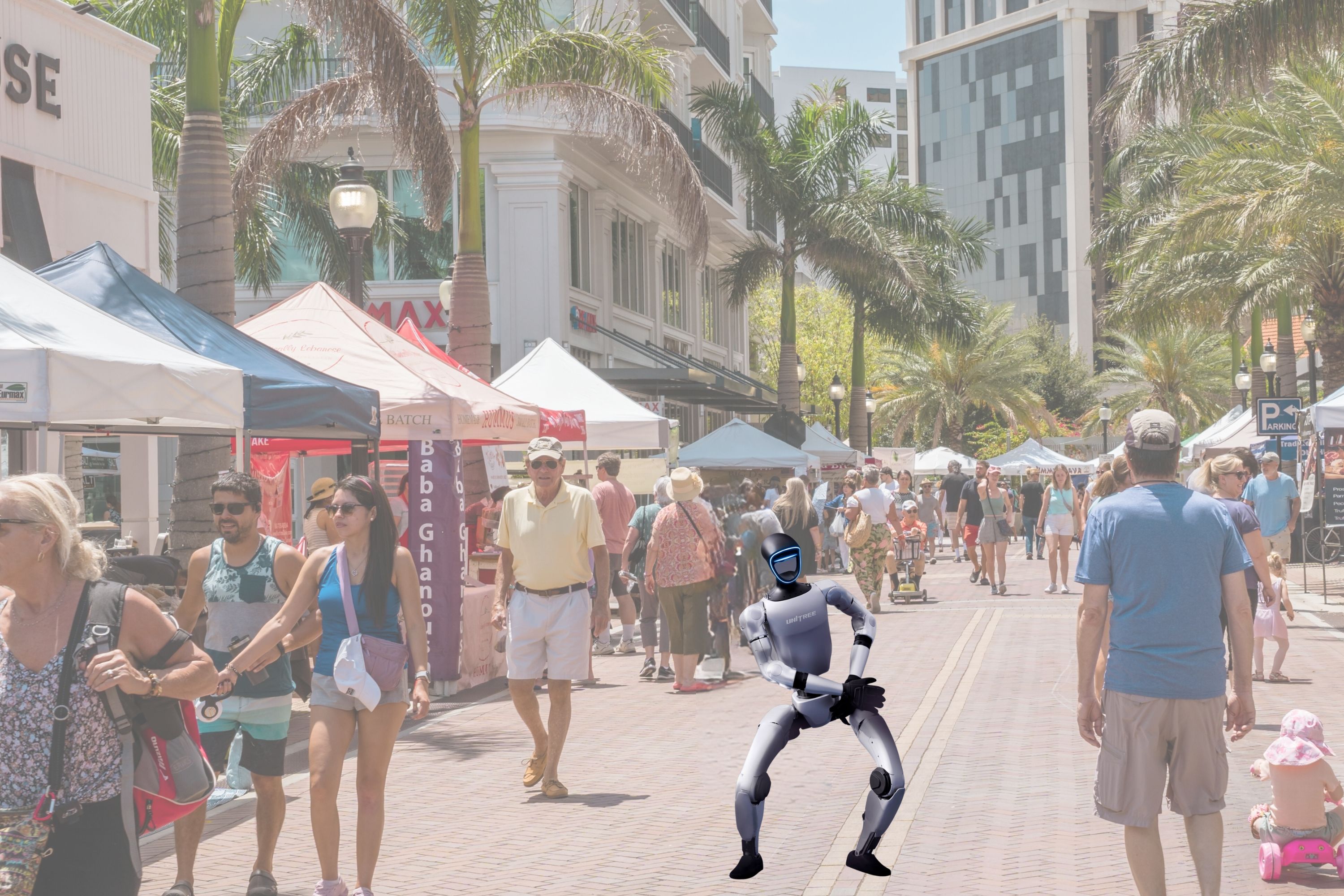Chronicling Florida’s Racist History

Gilbert King
Image: Courtesy Photo
Gilbert King, the Pulitzer Prize-winning author of Devil in the Grove: Thurgood Marshall, the Groveland Boys and the Dawn of a New America and the acclaimed new book Beneath a Ruthless Sun: A True Story of Violence, Race, and Justice Lost and Found, will be speaking and signing his new book at 5 p.m. Thursday, May 10, at Florida Studio Theatre.
Both books focus on racism in Lake County, Florida, are set in the late 1940s and 1950s and feature one of the most vile characters in the nation’s racist history, a murderous sheriff named Willis V. McCall (“He made Bull Connor look like Barney Fife,” King has said), as well as characters of unfathomable courage such as Thurgood Marshall, then a lawyer for the NAACP, and a crusading local journalist named Mabel Norris Reese, the former editor of the Mount Dora Topic newspaper, who behind her cat-eye glasses refused to look away from injustice.
Following is David Hackett's edited conversation with King about his books.
I’m a native Floridian who has read a lot about the civil rights movement. But before reading Devil in the Grove, which focuses on four young black men falsely accused of raping a 17-year-old white woman in Groveland, Florida, in 1949, I had no idea that racism in Florida was every bit as pervasive and violent as it was in other deep Southern states such as Mississippi and Alabama. Is that a common reaction to your book?”
I hear that all the time, even from people in Lake County who say they had no idea it was happening here. You think people would be aware. The case made it to the Supreme Court and it was on the front pages of all the newspapers at the time. I think part of the reason people are not more aware of what happened in Lake County and in Florida in that time is that there was an unwritten family thing that people just didn’t talk about these shameful things. So, if you were white and you had been involved in this, you recognized that there were cruelties inflicted on African-Americans and you didn’t want to discuss it. And, if you were African-American, I think the shame and the violence of what you may have fallen victim to is something you did not want to poison your children with. I talked to a lot of black families and they said, “We never heard about this stuff, and it was our own uncle.”
What comes across in your books is the sheer courage of Thurgood Marshall, well before he was named to the Supreme Court, as well as NAACP leaders in Florida and many others who put their lives on the line to stand up to racism. Their homes were fire bombed. They were beaten. Even Marshall, who was one of the best-known lawyers in the country, always seemed just a wrong turn away from being assassinated in Florida.
I would talk to Thurgood Marshall’s clerks and they would say we heard these stories and he would talk about these sheriffs down in Florida, but they always thought they were exaggerated stories of folklore and tall tales. But then they read how he lived through this stuff and they were shocked by it, too. I was going through correspondence at the Library of Congress and I came across this letter from one of Marshall’s lawyers saying, “We need help. Florida is the most dangerous place we have ever been. We are being threatened constantly. We need reinforcements.”
Your new book, Beneath a Ruthless Sun, examines the same county and the same time period, including some of the same characters that were in Devil in the Grove, such as Sheriff McCall. Why did you return to Lake County?
I was looking to get away from Lake County and do a book about something else. But I was doing a book talk in Groveland in 2012 and this deputy, Evvie Griffin, came up to me and said, “You got your story right, but you didn’t get the whole story.” And he went on to tell me that there was another case in Lake County involving the Sheriff’s Department and he said, “We framed an innocent kid for rape.” It was one of those cases that haunted him. He said, “Nobody will talk about this case here. They will talk about Groveland boys but they won’t talk about Jesse Daniels.” That piqued my curiosity. I started filing Freedom of Information Act requests and the more I got into it, I couldn’t believe what I was finding. If I would have found this in any other place in the country I would have done the story, too.
Jesse Daniels was a white, developmentally disabled teen-ager falsely convicted of raping the wife of a wealthy citrus baron. The actual rapist was a black man, who became the last person in Florida executed for rape stemming from another case. But the Sheriff’s Department falsely pinned the rape on Daniels because they did not want to acknowledge that a wealthy white woman had been raped by a black man.
Jesse was a 19-year-old and doctors said he had the mind of a 10-year-old. I’ve interviewed him several times. He lives in Daytona Beach. If you classified him today, he would be described as having mental retardation, but back in those days the medical classifications were either a moron, an imbecile or an idiot. Because of his IQ, he was deemed an idiot. He was sent away for 14 years for a crime he clearly did not commit.
You started your career as a fashion photographer, working for magazines such as Glamour and Vogue.
When I was in college at the University of South Florida, I wanted to be a writer. I wrote for the school paper and was an English major. But when I got to New York, I got involved with a magazine and supervising photo shoots and I got sidetracked and became a photographer myself. In some ways, working as a photographer made me a better writer. When you’re working as a photographer, you’re always looking for interesting visuals. They have to be new to you in order to have enthusiasm and optimism for your work. You never want to hire a photographer from New York to shoot New York City because they’ve seen it so many times. But if you send someone who has never been there, it’s like someone with child’s eyes. I feel the same with these civil rights cases. I had no idea about the brutality and terrorism that African-Americans were experiencing in their own country. It was something that I wanted to learn more about, to know more about, and I threw myself into it obsessively.
You were at USF when? You are a native New Yorker. Did you sense then that Florida was a pretty racist place?
I was there from 1981 to 1985. I did not graduate, by the way. I didn’t sense racism at all. I was living on campus and in a bubble. I was trying to be a baseball player. I never got the sense that Florida had the same past as Mississippi and Alabama.
One of the keys to your books is that you rely on primary sources that often were forgotten or had never been revealed.
I got lucky. I’ve had files just turn up that I never expected to get. The files of Mabel Reese were interesting. The Mount Dora Topic from 1958, both the bound copy and two microfilm copies, were missing. Those contained all of Mabel’s stories from this Jesse Daniels case. They were just gone. I thought I would not have access to her stories, and she was the only one writing about this case. And then I got in touch with Mabel’s daughter, interviewed her, but she said Mabel didn’t keep anything. About a year later, Mabel’s daughter died and I called her granddaughter to offer condolences and she said, “Oh, by the way, I found a box in the attic with all Mabel’s stuff.” I went down there and it was a department store box from the 1950s. It contained all her files from this case alone and nothing else. All her correspondence, all her original drafts. It was unbelievable. I kept looking at it and realized I would have had a really hard time telling this story without it.
Do you think that your books come at a time of renewed racial tension in this country?
Actually, I do, in a strange sense. Everybody looks at Brown v. Board of Education as this great civil rights case, but they don’t realize that after Brown racial relations got so much worse. That’s when the Klan sprang up, White Business Councils began to form. I think you can compare it to today when, wherever you stand politically, we had an African-American who was president for eight years. We have come to this step. I think you can see there is a reaction to this. It reminded me what happened right after Brown when white supremacists started coming out of the closet and seemed to be more acceptable again. I think there is this weird comparison after a great step forward for the country. All of a sudden there is a reaction and step back.
For more information about King's talk on Thursday, visit floridastudiotheatre.org or call (941) 366-9000.



